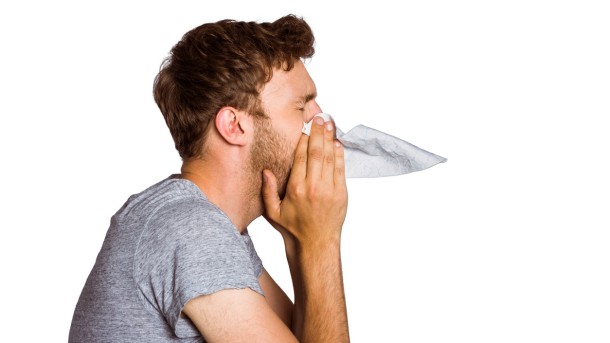Experts from the Immunisation Coalition have urged people to get vaccinated now so they are protected during the winter flu peak.
What we are really concerned about is that these very large numbers don't continue on through winter medical virologist Professor William Rawlinson said today.
He said the number of flu cases could end up being the highest since 2017 when a quarter of a million laboratory-confirmed cases were recorded.
The 2017 influenza season was the worst since the 2009 swine flu pandemic.
Last year there were 58,570 confirmed influenza cases in Australia, although the laboratory numbers do not show the full extent of the flu because most people do not get tested.
Prof Rawlinson predicted about two million people will get the flu this year, as typically occurred in a busy influenza year.
It's likely this will be the highest number since 2017 although I'd be very concerned that it may be higher because we haven't seen so much in 2018.
Immunization Coalition chairman Professor Robert Booy said there has been a sustained and rising summer and autumn surge that is continuing to increase.
The best explanation is that 2018 was so quiet that we have reduced community immunity, so there are more people who are vulnerable to catching the infection and therefore transmitting infection, he said.
While the latest ABS statistics showed 1200 people died due to influenza in 2017, Prof Booy said modeling showed the actual number of deaths on average each season was about 3000 to 4000.
The Immunisation Coalition expects about 4000 deaths this year.
I'm not saying we're getting more deaths this year than any other year, Prof Booy said.
We've got a very busy early season but it's nothing like the peak that we had in 2017.
He urged people to get vaccinated to protect themselves as well as more vulnerable people such as those with impaired immunity, chronic medical conditions, indigenous Australians, young children and the elderly.
Source: NAN
 Australia is headed for a bad flu season after a surge in cases in summer and autumn.Experts predict about 4000 people will die from complications due to influenza this year as the number of infections increases again following a quiet 2018.
Australia is headed for a bad flu season after a surge in cases in summer and autumn.Experts predict about 4000 people will die from complications due to influenza this year as the number of infections increases again following a quiet 2018.